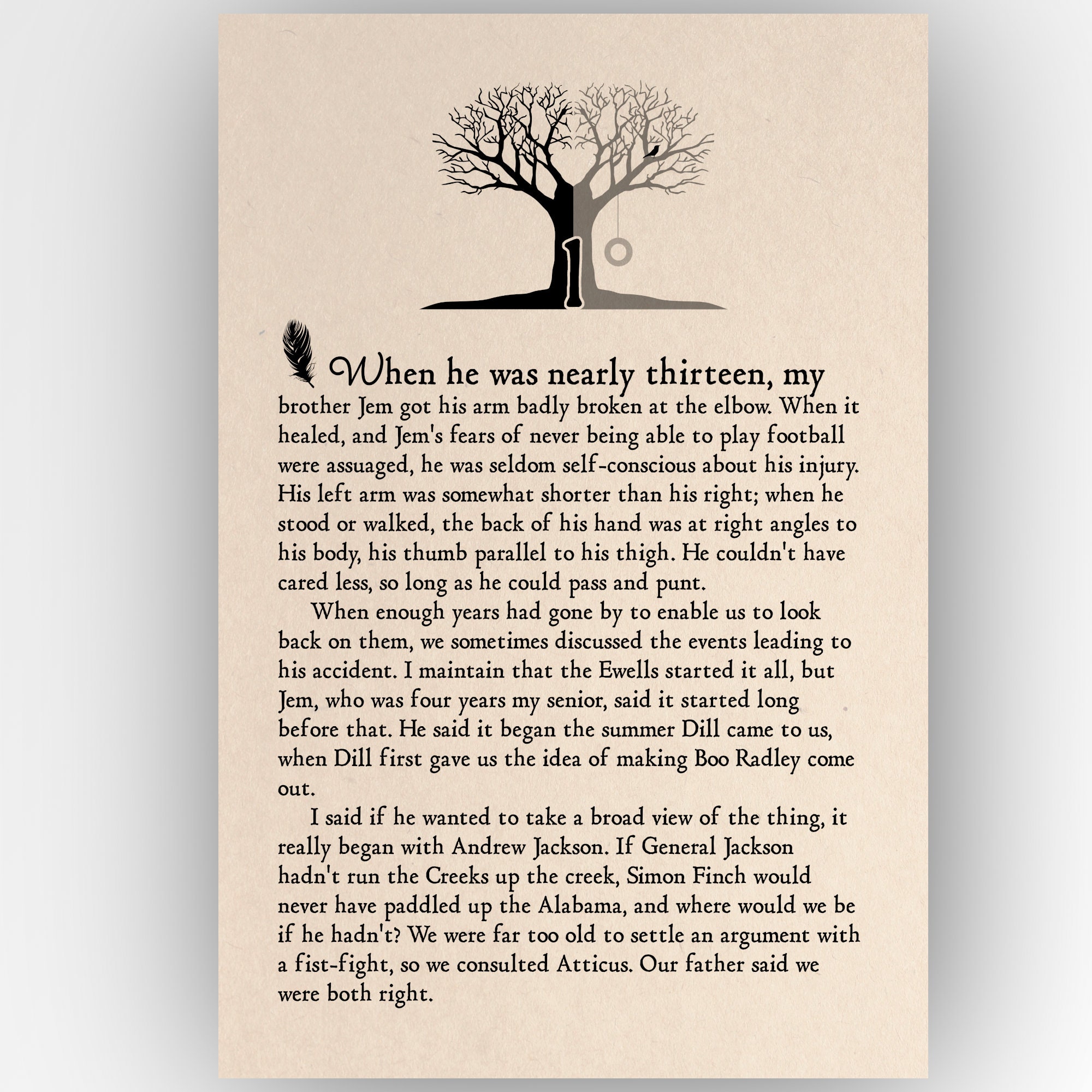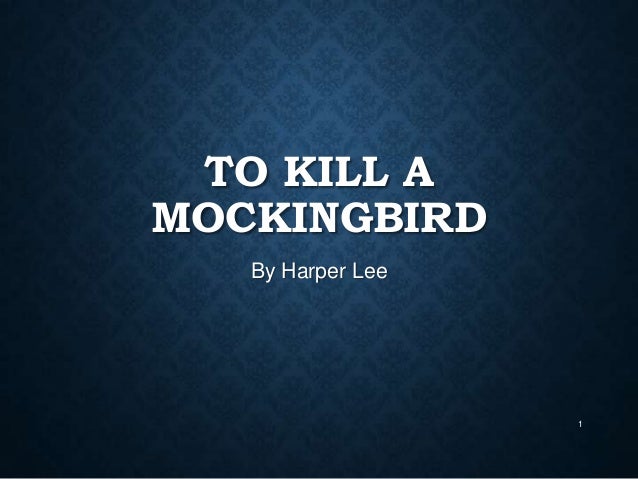

The drama of the courtroom, as a whole, is when this production comes most fully alive, the testimonies of both Bob and Mayella Ewell (Patrick O’Kane and Poppy Lee Friar respectively, both sensational) are filled with tension, anger, betrayal and disbelief. Spall does not have the graceful self-containment of Gregory Peck’s screen version but is more impassioned and dynamic in the courtroom scenes. While Lee’s novel gives primacy to the children’s games of make-believe for much of the early part of the story, this begins as a courtroom drama from the off, with a judge, jury and witness-stand wheeled on within minutes. Miriam Buether’s fast transforming set is fluid, mobile and unshowily gorgeous. The direction from Bartlett Sher is just as smooth, with some short scenes that yo-yo between the courtroom and the Finches’ porch but never feel brusque. The set is by acclaimed German production.

Sorkin rejigs the narrative smoothly, weaving together the children’s world and the legal drama. To Kill a Mockingbird is directed by Bartlett Sher, who is also staging his Broadway hit My Fair Lady in London this summer. Vivid … Gwyneth Keyworth as Scout, Harry Redding as Jem and David Moorst as Dill. The three bewitch and entertain nonetheless and jointly narrate the story so it becomes shared rather than Scout’s. Dill was based on Lee’s close friend, Truman Capote, and he appears like a caricatured version of a young Capote: prissy, literary and comically fascinated by the etymology of words. Gregory Peck won an Oscar® for his brilliant portrayal of a Southern lawyer who compassionately defends a black man accused of rape in this film version of the Pulitzer Prize-winning novel. Scout, the sure, stubborn tomboy is vividly played by Gwyneth Keyworth, Jem (Harry Redding) is less defined but still winning, while Dill (David Moorst) brings laughs but is the most contrived character.

Scout, Jem and Dill are all played by adults – a high-risk venture which pays off remarkably well, and brings gentle but genuine humour. The housekeeper Calpurnia (Pamela Nomvete, excellent) is also given a louder, angrier voice and she uses it movingly to stand up to Atticus too. Except here the children decide for themselves what and who is right, and challenge him on it. The people of Maycomb are essential good, Atticus says, urging his children to respect their racist neighbours and to put themselves in the skins of the lynch mob that comes for Robinson, just as in the book. Rafe Spall’s quietly dignified Atticus is on the side of the law and a firm believer in American justice, rather than on the side of Robinson (Jude Owusu) or an early champion for race equality. Aaron Sorkin finds effective ways in his confident adaptation, drawing out the lawyer’s moral inconsistencies without undermining his goodness completely.


 0 kommentar(er)
0 kommentar(er)
